October 26 stands as one of history’s most eventful days, witnessing the rise and fall of empires, groundbreaking discoveries, and moments that shaped our modern world across centuries of human achievement.
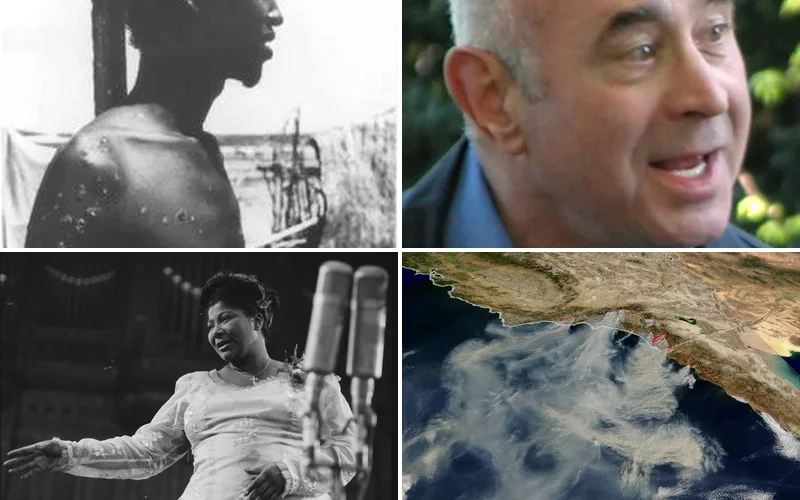
Politics and Government Events on October 26
1905 – King Oscar II Recognizes Union Dissolution
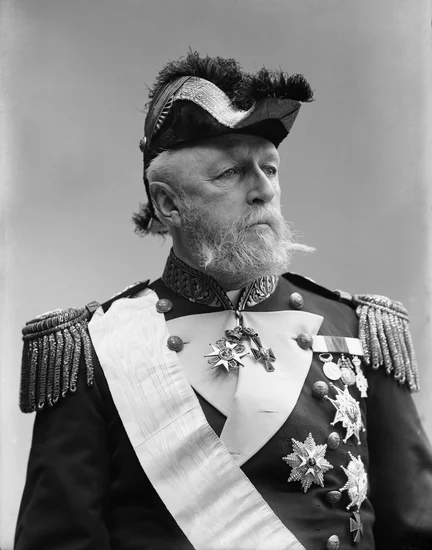
King Oscar II of Sweden formally recognized the dissolution of the union between Norway and Sweden. This peaceful separation marked the end of nearly a century of political union between the two Scandinavian nations.
The decision avoided potential military conflict and established a precedent for diplomatic resolution of national independence movements. Both countries maintained friendly relations following the historic separation.
1947 – Kashmir Accession Triggers Conflict

The Maharaja of Kashmir and Jammu signed the Instrument of Accession with India, fundamentally altering South Asian geopolitics. This decision immediately sparked the Indo-Pakistani War of 1947-1948.
The accession created the enduring Kashmir conflict that continues to shape regional politics today. Military tensions and diplomatic disputes stemming from this moment persist across the subcontinent.
1955 – Austria Declares Neutrality
Austria proclaimed its permanent neutrality following the withdrawal of Allied occupation forces. The declaration fulfilled provisions of the Austrian Independence Treaty and established the nation’s unique Cold War position.
This neutrality policy allowed Austria to serve as a diplomatic bridge between East and West. The country successfully maintained its independence while hosting numerous international negotiations.
1979 – Park Chung Hee Assassinated

Korean CIA director Kim Jae-gyu assassinated South Korean President Park Chung Hee during a private dinner meeting. The shocking murder ended Park’s authoritarian rule and plunged South Korea into political uncertainty.
The assassination triggered massive social upheaval and ultimately led to democratic reforms in South Korea. Park’s death marked a turning point in the nation’s transition from military dictatorship to democracy.
1994 – Jordan-Israel Peace Treaty Signed
Jordan and Israel signed a comprehensive peace treaty, ending decades of official hostility between the two nations. The agreement established diplomatic relations and resolved territorial disputes along their shared border.
King Hussein of Jordan and Prime Minister Yitzhak Rabin ceremonially ended the state of war between their countries. The treaty represented a significant breakthrough in Middle Eastern diplomacy and regional stability.
1999 – House of Lords Reform Approved
The United Kingdom’s House of Lords voted to end hereditary peers’ automatic voting rights in Parliament’s upper chamber. This historic decision fundamentally transformed Britain’s centuries-old parliamentary system.
The reform reduced the House of Lords from over 1,200 members to approximately 600 appointed peers. This democratization represented the most significant constitutional change in British governance for generations.
2001 – USA PATRIOT Act Becomes Law
The United States Congress passed the USA PATRIOT Act, dramatically expanding government surveillance powers following the September 11 attacks. The legislation granted unprecedented authority to federal agencies for domestic intelligence gathering.
The act fundamentally altered the balance between national security and civil liberties in American society. Its provisions sparked ongoing debates about government power and constitutional rights in the digital age.
Military and Naval History on October 26
1917 – Brazil Declares War on Central Powers
Brazil formally declared war on the Central Powers during World War I, joining the Allied cause in South America. The decision brought Latin America’s largest nation into the global conflict.
Brazilian naval forces began patrolling the Atlantic Ocean alongside Allied fleets. The declaration strengthened ties between Brazil and the United States while expanding the war’s global scope.
1942 – Battle of Santa Cruz Islands
American and Japanese naval forces clashed in the Battle of Santa Cruz Islands during the Guadalcanal Campaign. The engagement resulted in one U.S. aircraft carrier sunk and another heavily damaged.
Japanese forces also suffered significant losses with two carriers and one cruiser severely damaged. The battle demonstrated the continuing strategic importance of naval aviation in Pacific warfare.
1944 – Battle of Leyte Gulf Concludes
The Battle of Leyte Gulf ended with a decisive American victory, marking the largest naval engagement in history. The Japanese Combined Fleet suffered catastrophic losses that effectively ended its offensive capabilities.
American forces secured control of Philippine waters and established the foundation for MacArthur’s return campaign. The victory accelerated Japan’s strategic collapse in the Pacific Theater.
1918 – Ludendorff Dismissed
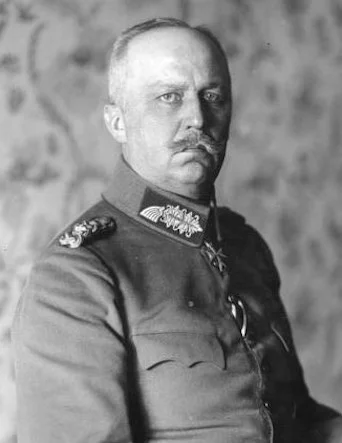
Kaiser Wilhelm II dismissed General Erich Ludendorff, quartermaster-general of the Imperial German Army, for refusing to cooperate in peace negotiations. The dismissal marked Germany’s recognition of impending defeat.
Ludendorff’s removal signaled the collapse of German military leadership’s influence over political decisions. The dismissal accelerated Germany’s movement toward armistice and the war’s conclusion.
Science and Discovery Milestones on October 26
1977 – Smallpox Eradication Milestone
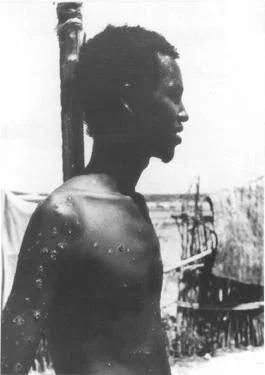
Ali Maow Maalin developed the last natural case of smallpox in Somalia, marking a historic milestone in global health. The World Health Organization considers this date the anniversary of smallpox eradication.
This achievement represented the most spectacular success of vaccination programs in human history. The eradication demonstrated international cooperation’s power to eliminate deadly diseases through coordinated public health efforts.
1968 – Soviet Space Rendezvous Success
The Soviet Union achieved its first successful space rendezvous with the Soyuz 3 mission. The spacecraft successfully approached and maneuvered around an unmanned target vehicle in Earth orbit.
This technical breakthrough demonstrated Soviet capabilities in orbital mechanics and spacecraft control. The achievement advanced Soviet space program goals and contributed to future space station development.
1936 – Hoover Dam Generator Activated
The first electric generator at Hoover Dam began full operation, marking a triumph of American engineering. The massive hydroelectric facility represented the largest construction project of the Great Depression era.
The dam’s power generation capabilities transformed the development of the American Southwest. Its electricity enabled rapid urbanization and industrialization across Nevada, California, and Arizona.
Cultural and Arts Events on October 26
1958 – Boeing 707 Commercial Debut
Pan American Airways operated the first commercial Boeing 707 flight from New York City to Paris. The jet aircraft revolutionized international travel by dramatically reducing flight times across the Atlantic.
The 707’s introduction marked the beginning of the modern jet age in commercial aviation. Passenger air travel became accessible to middle-class travelers, transforming global tourism and business.
1985 – Uluru Returned to Aboriginal Owners

The Australian government returned ownership of Uluru to the Pitjantjatjara Aboriginal people, recognizing their ancient connection to the sacred site. The historic decision acknowledged Indigenous land rights and cultural heritage.
The return represented a significant step toward reconciliation between Australia and its Aboriginal population. The landmark decision established precedents for Indigenous land rights recognition throughout the continent.
1999 – Video Game Industry Milestone
Rockstar Games released Grand Theft Auto: San Andreas for PlayStation 2 in North America. The game eventually sold 12 million units, becoming the console’s best-selling title.
The release revolutionized open-world gaming and established new standards for interactive entertainment. The game’s success demonstrated the video game industry’s growing cultural and economic influence.
Religious and Social Events on October 26
1936 – Nazi Persecution Escalates
Nazi Germany began systematic expulsions of 18,000 Polish Jews, intensifying persecution policies. The mass deportations represented a significant escalation in anti-Semitic government actions.
These expulsions foreshadowed the systematic persecution that would culminate in the Holocaust. The international community’s limited response emboldened further Nazi persecution of Jewish populations.
1956 – Hungarian Revolution Spreads
Hungarian secret police massacred civilians in Mosonmagyaróvár and Esztergom as the revolution spread nationwide. The violence demonstrated the communist regime’s desperation to maintain control.
Rebel strongholds in Budapest continued resisting while fighting expanded throughout Hungary. The revolution inspired worldwide support for Hungarian freedom and exposed Soviet oppression in Eastern Europe.
2002 – Moscow Theater Hostage Crisis Ends
Russian special forces stormed a Moscow theater held by Chechen terrorists, ending a three-day hostage crisis. Approximately 50 terrorists and 150 hostages died in the rescue operation.
The crisis highlighted ongoing tensions between Russia and Chechen separatists. The tragic outcome sparked international debate about counterterrorism tactics and civilian protection in hostage situations.
Business and Economic Events on October 26
2012 – Windows 8 Public Release
Microsoft released Windows 8 to the public, introducing radical changes to the company’s flagship operating system. The new interface prioritized touch-screen functionality and mobile device compatibility.
The release represented Microsoft’s attempt to compete in the rapidly expanding tablet and smartphone markets. Windows 8’s reception influenced the technology industry’s approach to cross-platform software development.
1930 – Harry Payne Whitney’s Legacy

American businessman and thoroughbred horse breeder Harry Payne Whitney died, leaving behind a transformed racing industry. His investments revolutionized American horse breeding and established lasting bloodlines.
Whitney’s business empire extended beyond racing into steel, tobacco, and real estate ventures. His philanthropic efforts and cultural patronage significantly influenced American high society.
1952 – Hattie McDaniel’s Groundbreaking Career
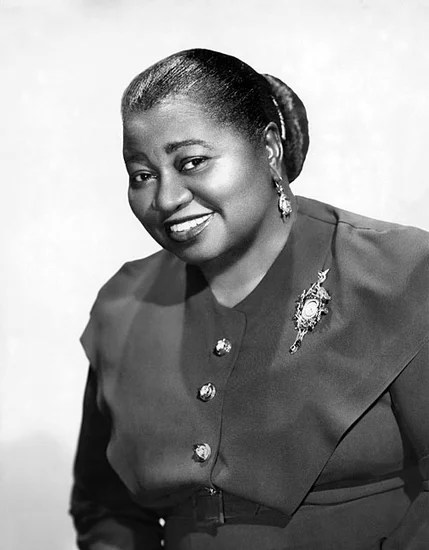
Actress Hattie McDaniel died, concluding a career that broke significant barriers in Hollywood entertainment. She became the first African American to win an Academy Award for her role in “Gone with the Wind.”
McDaniel’s achievements occurred despite facing systemic racism and limited opportunities in the film industry. Her success opened doors for future generations of African American performers.
Transportation and Infrastructure on October 26
1958 – Jet Age Begins
Pan American Airways launched the first commercial Boeing 707 service between New York and Paris. The jet aircraft reduced transatlantic flight times from 15 hours to approximately 8 hours.
The 707’s introduction revolutionized international travel and transformed the airline industry. Jet aircraft made global travel accessible to ordinary citizens, fundamentally changing tourism and business practices.
1991 – Yugoslav Army Withdrawal
The last Yugoslav People’s Army soldier departed Slovenia, ending the Ten-Day War aftermath. The withdrawal formally recognized Slovenia’s independence and territorial sovereignty.
The peaceful departure contrasted sharply with ongoing conflicts elsewhere in Yugoslavia. Slovenia’s successful independence provided a model for other Yugoslav republics seeking statehood.
1989 – Taiwan Aviation Tragedy

China Airlines Flight 204 crashed after takeoff from Hualien Airport in Taiwan, killing all 54 people aboard. The accident highlighted safety concerns in rapidly expanding Asian aviation markets.
The crash prompted enhanced safety regulations and improved pilot training standards. Aviation authorities implemented stricter maintenance procedures and emergency response protocols.
Sports and Recreation on October 26
2003 – California Wildfire Disaster
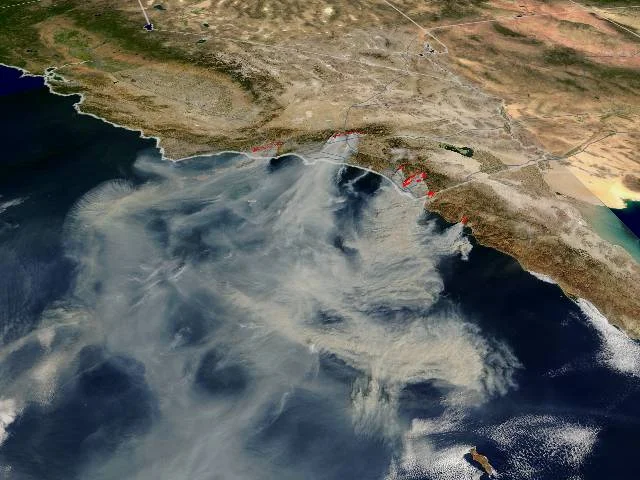
The Cedar Fire erupted in Southern California, becoming the state’s third-largest wildfire in recorded history. The blaze ultimately killed 15 people and consumed 250,000 acres.
The fire destroyed 2,200 homes around San Diego and forced massive evacuations. The disaster highlighted California’s vulnerability to wildfire and the need for improved fire prevention strategies.
1995 – Iceland Avalanche Tragedy
An avalanche struck the Icelandic village of Flateyri, destroying 29 homes and killing 20 residents. The disaster buried 45 people, though 25 were successfully rescued.
The tragedy led to improved avalanche warning systems and protective barriers in vulnerable communities. Iceland implemented comprehensive avalanche prevention measures to protect isolated settlements.
2012 – Hindu Kush Earthquake

A magnitude 7.5 earthquake struck the Hindu Kush mountain range, killing 399 people and injuring 2,536 others. The quake affected Afghanistan, Pakistan, and northern India.
The earthquake demonstrated the region’s seismic vulnerability and highlighted the need for improved building codes. International relief efforts provided emergency assistance to affected communities.
Notable Births on October 26
1947 – Hillary Clinton Born

Hillary Rodham Clinton was born in Chicago, Illinois, beginning a life that would reshape American politics. Her childhood in suburban Park Ridge instilled values of public service and advocacy.
Clinton would later become the first woman nominated for president by a major political party. Her career as First Lady, Senator, and Secretary of State broke numerous glass ceilings in American governance.
1916 – François Mitterrand Born
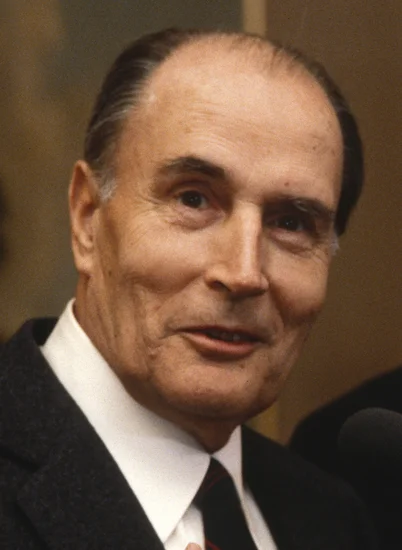
François Mitterrand entered the world in Jarnac, France, destined to become one of the nation’s most influential leaders. His early experiences shaped his commitment to socialist ideals and European integration.
Mitterrand would serve as France’s longest-serving president and champion progressive domestic policies. His leadership strengthened France’s position in European affairs and promoted social democratic values.
1911 – Mahalia Jackson Born
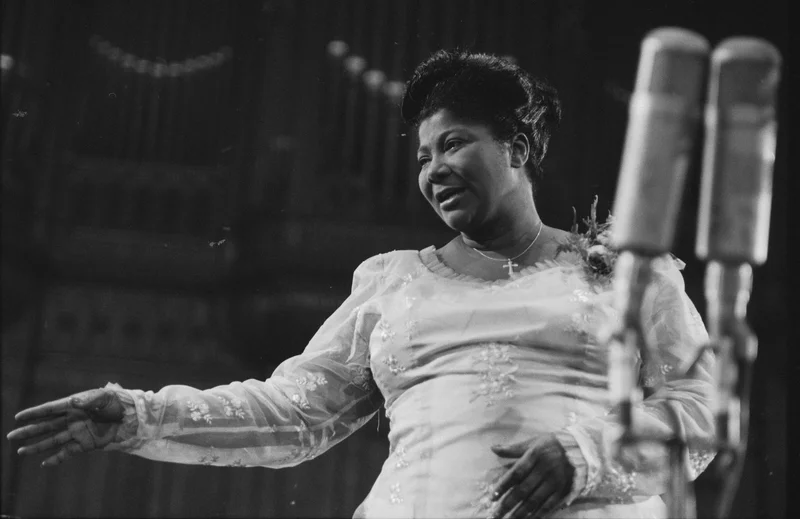
Mahalia Jackson was born in New Orleans, Louisiana, into a deeply religious family that nurtured her extraordinary vocal talents. Her gospel singing would transform American music and inspire civil rights activism.
Jackson became known as the “Queen of Gospel” and performed at major civil rights events. Her powerful voice and spiritual conviction influenced generations of musicians and social activists.
1973 – Seth MacFarlane Born

Seth MacFarlane was born in Kent, Connecticut, displaying early talents in animation and comedy writing. His creative vision would revolutionize television animation and entertainment.
MacFarlane created groundbreaking animated series including “Family Guy” and “American Dad.” His work pushed boundaries in television comedy while showcasing his diverse talents as performer and producer.
1942 – Bob Hoskins Born
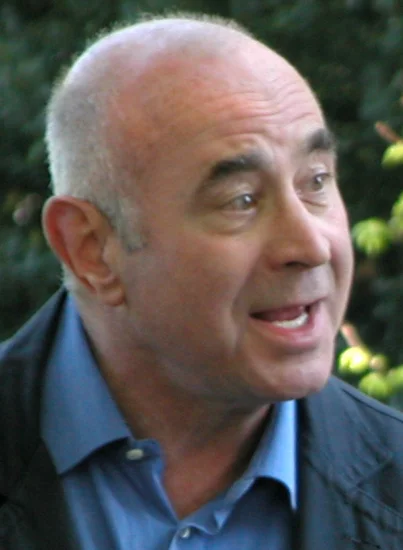
Bob Hoskins was born in Bury St. Edmunds, England, beginning a career that would span decades in British cinema. His working-class background informed his authentic portrayals of ordinary people.
Hoskins became one of Britain’s most respected character actors, starring in films from “The Long Good Friday” to “Who Framed Roger Rabbit.” His performances brought depth and humanity to diverse roles.
1959 – Evo Morales Born
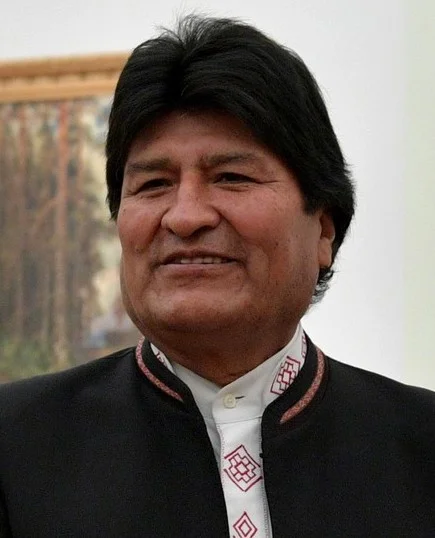
Evo Morales was born in Isallawi, Bolivia, into an indigenous Aymara family facing economic hardship. His early experiences with poverty and discrimination shaped his political consciousness.
Morales became Bolivia’s first indigenous president and champion of indigenous rights. His presidency transformed Bolivian politics and elevated indigenous voices in Latin American governance.
1961 – Dylan McDermott Born
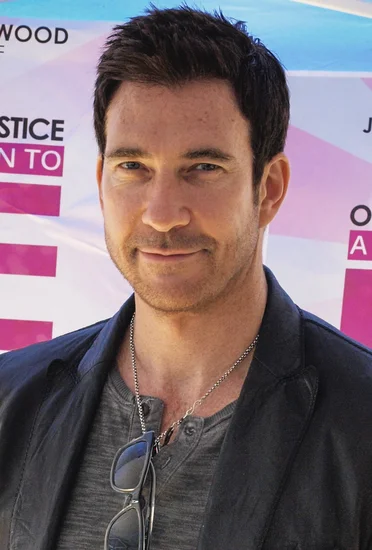
Dylan McDermott was born in Waterbury, Connecticut, beginning a journey that would lead to television and film stardom. His early interest in acting developed through high school and college theater programs.
McDermott achieved fame starring in “The Practice” and later “American Horror Story.” His performances demonstrated remarkable range across dramatic and horror genres.
1967 – Keith Urban Born

Keith Urban was born in Whangarei, New Zealand, but grew up in Australia where he developed his distinctive country music style. His guitar skills and songwriting talents emerged during his teenage years.
Urban became a major force in country music, winning multiple Grammy Awards and Country Music Association honors. His crossover appeal expanded country music’s audience and influenced contemporary artists.
Notable Deaths on October 26
1902 – Elizabeth Cady Stanton Dies
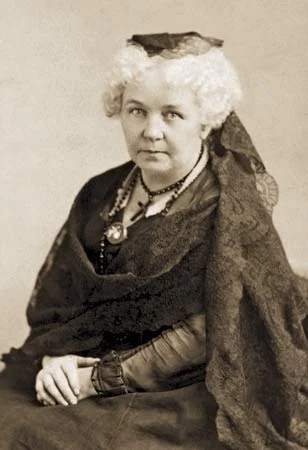
Elizabeth Cady Stanton died in New York City, concluding a lifetime dedicated to women’s rights and social reform. Her advocacy fundamentally transformed American society and legal frameworks.
Stanton organized the Seneca Falls Convention and drafted the Declaration of Sentiments demanding women’s suffrage. Her writings and activism laid the foundation for the women’s rights movement.
1909 – Itō Hirobumi Assassinated
Japanese statesman Itō Hirobumi was assassinated in Harbin, China, by Korean independence activist An Jung-geun. His death marked a turning point in Japanese-Korean relations and East Asian politics.
Itō served as Japan’s first Prime Minister and architect of the Meiji Constitution. His assassination intensified Japanese control over Korea and accelerated the path toward formal annexation.
1979 – Park Chung Hee Assassinated

South Korean President Park Chung Hee was assassinated by Korean CIA director Kim Jae-gyu during a private dinner meeting. His death ended 18 years of authoritarian rule and triggered political upheaval.
Park’s assassination created a power vacuum that led to further military coups and eventually democratic transition. His death marked the beginning of South Korea’s gradual move toward democratic governance.
1957 – Gerty Cori Dies
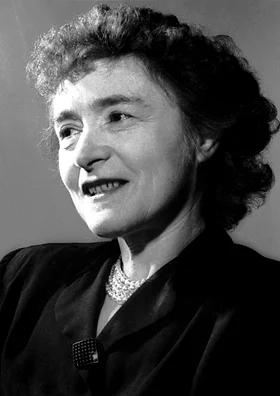
Biochemist Gerty Cori died in St. Louis, Missouri, after a distinguished career in medical research. She became the first woman to win a Nobel Prize in Physiology or Medicine for her groundbreaking work.
Cori’s research on carbohydrate metabolism revolutionized understanding of diabetes and other metabolic disorders. Her discoveries provided the foundation for modern treatments of metabolic diseases.
1957 – Nikos Kazantzakis Dies

Greek writer and philosopher Nikos Kazantzakis died in Freiburg, Germany, leaving behind a literary legacy that influenced world literature. His novels explored themes of spirituality, freedom, and human struggle.
Kazantzakis authored “Zorba the Greek” and “The Last Temptation of Christ,” works that challenged conventional religious and social thinking. His writing captured the essence of modern Greek identity and universal human experiences.
1972 – Igor Sikorsky Dies
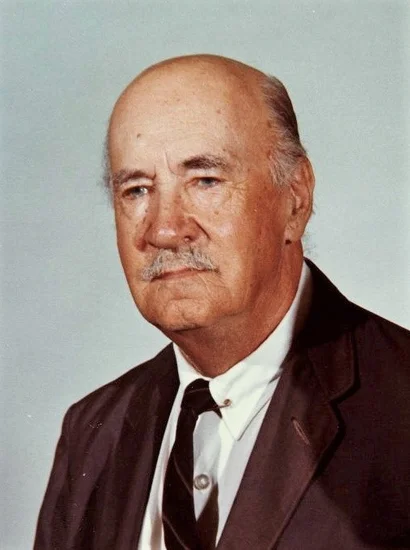
Aviation pioneer Igor Sikorsky died in Easton, Connecticut, concluding a career that revolutionized both fixed-wing and rotary aircraft. His innovations transformed military and civilian aviation.
Sikorsky founded the helicopter industry and designed the first practical helicopters for mass production. His aircraft saved countless lives through search and rescue operations and medical evacuations.
1952 – Hattie McDaniel Dies
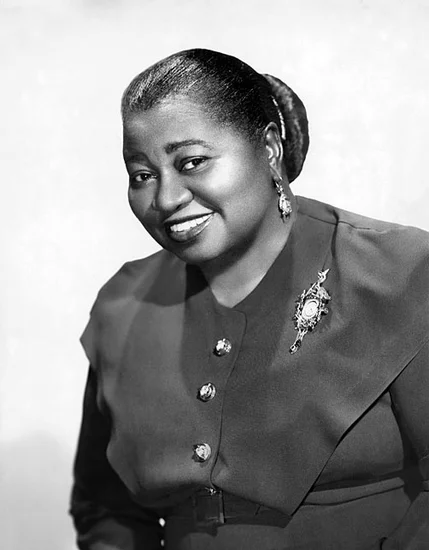
Actress Hattie McDaniel died in Los Angeles, California, after breaking significant barriers in Hollywood entertainment. She became the first African American to win an Academy Award.
McDaniel’s performances challenged racial stereotypes while working within the constraints of segregated Hollywood. Her achievements opened doors for future generations of African American performers and filmmakers.
Holidays and Observances on October 26
Austria National Day
Austria celebrates its National Day, commemorating the Declaration of Neutrality signed in 1955. The holiday marks Austria’s commitment to permanent neutrality and independence from foreign military alliances.
The celebration includes military parades, cultural events, and public ceremonies throughout the country. Austrian citizens reflect on their nation’s unique position in European politics and international relations.
Intersex Awareness Day

International advocacy organizations observe Intersex Awareness Day to raise awareness about intersex rights and medical issues. The day promotes understanding of intersex conditions and challenges discrimination.
Activists work to end unnecessary medical interventions on intersex children and promote human rights protections. The observance educates the public about intersex experiences and advocates for inclusive policies.
Angam Day in Nauru
Nauru observes Angam Day, celebrating when the nation’s population reached 1,500 people, considered the minimum for cultural survival. The holiday commemorates the Nauruan people’s resilience and demographic recovery.
The celebration recognizes the importance of population sustainability for small island nations. Nauruans honor their cultural heritage and commitment to preserving their unique Pacific island identity.
